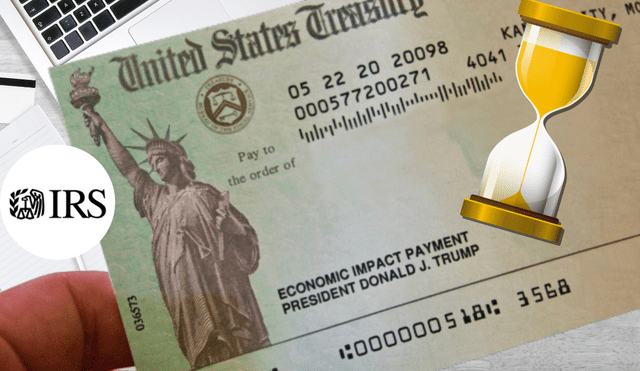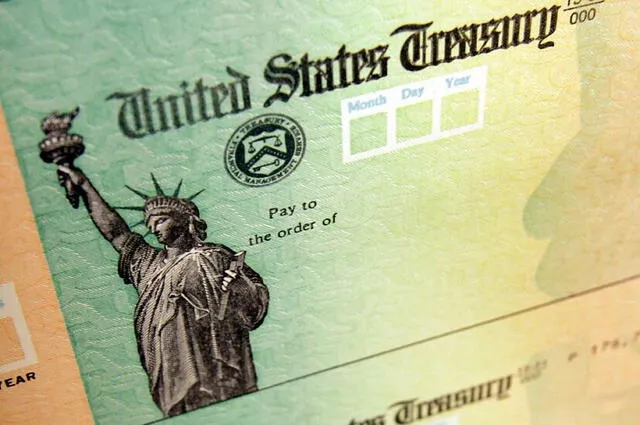You may still be eligible for a $1,400 stimulus check from the IRS: here’s how to claim it
The IRS may still owe you up to $1,400 through the Recovery Rebate Credit. Learn who is eligible, how to claim it, and why time is running out.

Many taxpayers may still be eligible to receive a stimulus payment worth up to $1,400 through the Recovery Rebate Credit from the IRS. This credit was initially provided to help Americans during the COVID-19 pandemic, but some people may have missed out on receiving it.
The good news is that if you didn't receive the payment at the time, there's still a chance to claim it — but time is running out. The IRS Recovery Rebate Credit is available to people who either didn’t receive one or more of the previous stimulus payments or who did not file their 2021 tax returns. However, you must act quickly and file by the April 15, 2025 deadline.
What is the Recovery Rebate Credit? Understanding the stimulus payment
The Recovery Rebate Credit was introduced by the U.S. government to help citizens during the financial strain caused by the COVID-19 pandemic. For many people, it was issued in the form of Economic Impact Payments or stimulus checks. These payments were sent out in multiple rounds, with the most recent checks issued during the latter part of 2021.

Even if you don’t owe taxes or your income was minimal, filing your taxes will ensure that you receive the credit. Photo: La Presse
However, not everyone received the stimulus payments during this period. Some taxpayers may not have received one or more payments due to changes in their financial situation, such as changes in income or filing status. For those who missed out, the Recovery Rebate Credit was designed to ensure that they could still receive the funds by filing their 2021 tax returns.
Who is eligible for the $1,400 stimulus payment from the IRS?
To qualify for the Recovery Rebate Credit, taxpayers must have not yet filed their 2021 tax return. This means that even if you haven’t filed your taxes yet, you could still be eligible to receive the payment. The IRS has made it clear that anyone who missed out on the stimulus payments can claim the credit by filing a 2021 tax return — but you must do so by April 15, 2025.
Eligible taxpayers can receive up to $1,400 per individual, and an additional $1,400 per dependent. The amount you could potentially receive will vary based on your income and other factors. Even if your income was minimal, or you had no income at all, you can still qualify for the credit as long as you meet the necessary criteria.
How to claim the $1,400 check before the April deadline
If you're eligible to receive the Recovery Rebate Credit, the process to claim it is straightforward. To get your $1,400 payment (or more, depending on the number of dependents you have), you simply need to file your 2021 tax return. The deadline to file is fast approaching, so you need to ensure that your tax return is submitted before April 15, 2025.
Even if you don’t owe taxes or your income was minimal, filing your taxes will ensure that you receive the credit. Once filed, you’ll receive your payment, which could be sent either via direct deposit to the bank account listed on your 2023 tax return or through a paper check sent to your registered address.
Why many taxpayers haven’t received the Recovery Rebate Credit yet
Even if you filed a 2021 tax return, it's possible that you didn’t receive the stimulus payment immediately. The IRS informed a number of taxpayers in December that they had missed out on receiving the Recovery Rebate Credit due to an oversight on their tax filings. In late January, the IRS began issuing these payments, which totaled $2.4 billion.
Many of these payments were sent either by direct deposit or by paper check, depending on the filing preferences of the individual taxpayer. The IRS made it clear that any eligible payments would be sent to the account listed on the 2023 tax return, or to the address on file. For those who had changed bank accounts since filing their last return, the payment will be returned to the IRS and reissued to the address of record.













